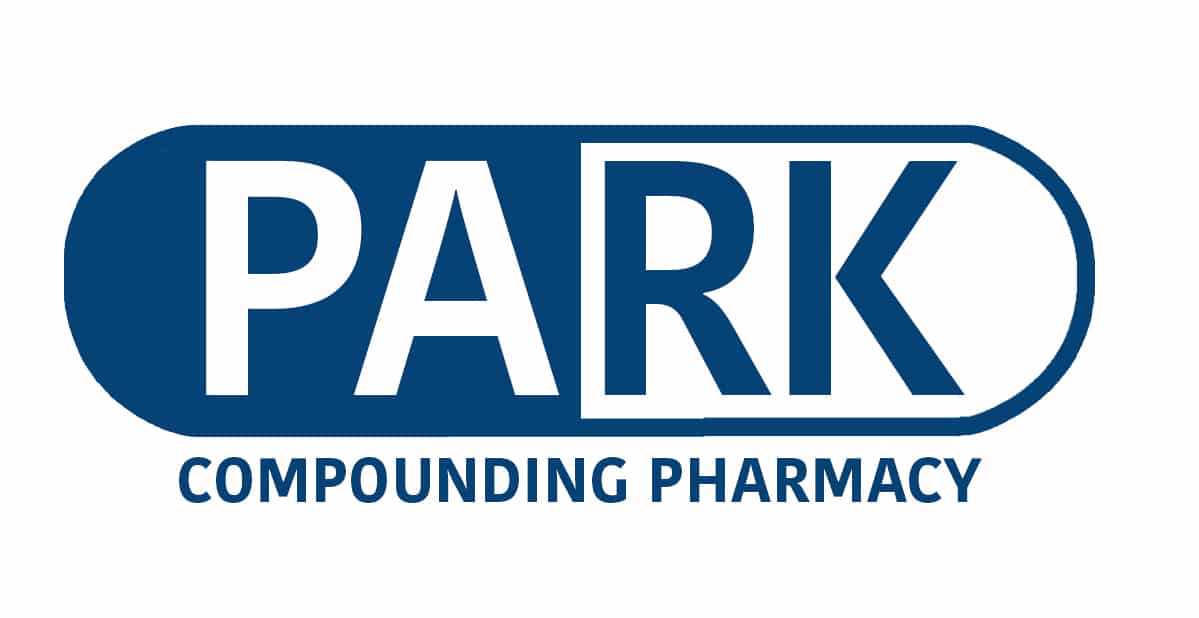Short chain fatty acids are a naturally occurring product of the digestive system. They are a primary energy source for colonocytes and also have anti-inflammatory activity that promotes homeostasis of the intestines. SCFAs include butyrate, acetate, and propionate. They are produced by fermentation of dietary fiber and are an essential part of intestinal health. Patients with inflammatory bowel disease often have low levels of short chain fatty acids in their intestines. This is the reason they are sometimes used as a treatment for IBD, as replenishing SCFAs can help restore homeostasis of the intestines and reduce inflammation.
Inflammatory Bowel Diseases
The number of patients receiving a diagnosis of inflammatory bowel disease has increased significantly in recent decades. Inflammatory bowel disease is a category of diseases that includes Crohn’s disease and ulcerative colitis. The main difference between the two diseases is that ulcerative colitis affects only the colon while Crohn’s disease can affect any part of the gastrointestinal tract. IBDs may cause ulcers to form on the intestines due to chronic inflammation. They may result in symptoms of diarrhea, bloody stool, stomach pain and cramping, constipation, loss of appetite, fatigue, and weight loss. There may also be symptoms outside of the gastrointestinal tract like skin rashes, arthritis, and eye inflammation.
Inflammatory bowel diseases are chronic conditions and symptoms can become worse or better depending on a variety of factors. Various treatments may be used to reduce inflammation including corticosteroids, mesalamine, and sulfasalazine. Medications that suppress the immune system may also be used. For symptomatic relief laxatives, antidiarrheals, and antibacterials are sometimes prescribed. Short chain fatty acids have been used for many years in clinical trials, but recently have become popular as a treatment alternative with no side effects.
SCFAs and Intestinal Homeostasis
Inflammatory bowel diseases are characterized by imbalances in the gastrointestinal system. SCFA production is impaired by these imbalances leading to the inability to control inflammation in the intestines and a lack of energy supply for colonocytes. Both clinical and histological improvement has been shown in IBD patients treated with butyrate or a combination of short chain fatty acids.
SCFAs are produced by anaerobic fermentation of dietary fibers in the intestine. The SCFAs produced by fermented foods can have a direct effect on metabolic function. While SCFAs have recently become more popular as a treatment option for IBD, the role of dietary fiber and its connection to overall health has been known for a long time.
Since SCFAs are diminished in patients with IBD, many studies have been done to determine the effectiveness of replenishing them with enemas and suppositories. Oral methods of administration are possible but it is important that the SCFAs are active in the intestines, so rectal application is often chosen.
SCFAs:
- Promote intestinal epithelial barrier function
- Are the main energy source of colonocytes
- Exert anti-inflammatory effects in intestinal mucosa
- Have antibacterial properties
Who Can Benefit from SCFA Enemas and Suppositories?
SCFA enemas and suppositories have been used in various types of inflammatory bowel diseases. In particular, studies have shown a significant benefit for patients with ulcerative colitis and Crohn’s disease.
- In a study of patients with radiation proctitis who were treated with short chain fatty acids, it was found that after five weeks of treatment they had a significant decrease in the number of days with rectal bleeding and an improvement of endoscopic score. (https://pubmed.ncbi.nlm.nih.gov/10378604/)
- In a placebo-controlled study, 14 patients in the SCFA treatment group improved compared to only 5 in the placebo group. In the SCFA treatment group most study parameters improved. (https://pubmed.ncbi.nlm.nih.gov/7654893/)
- In a randomized, controlled clinical trial, SCFA enemas helped significantly improve endoscopic scores. The treatment group also showed up-regulation of genes associated with mucosal repair. (https://pubmed.ncbi.nlm.nih.gov/26607831/)
Treatment Tips
When measuring levels of SCFAs, it is important to remember that most SCFAs are absorbed by the intestinal mucosa. This does not mean measurement is impossible, as fecal measurements can provide an estimate of gut levels. Symptomatic improvement is the most common indicator of success with this treatment – not a measured level of SCFAs in the intestines.
In general it has been shown that the longer the SCFAs remain in contact with the intestinal mucosa the better the results will be. For enemas, this may mean staying in a prone position for a longer period of time than with some enemas to make sure it is effective. A suppository also can be made that contains an SCFA combination or just butyrate.
Sometimes treatment is done with only butyrate and sometimes the treatment involves a combination of propionate, acetate, and butyrate. Butyrate seems to be more heavily metabolized than the other SCFAs, which is why it is sometimes used alone. However a combination of all of the short chain fatty acids may better mimic their presence in a healthy colon.
Compounded Options:
Side Effects of Short Chain Fatty Acid Treatment
Since short chain fatty acids are naturally present in a healthy colon, there have been few side effects reported from their use as a treatment for IBD in enemas and suppositories. Most other treatments for IBD have at least some side effects. While few direct comparisons between SCFAs and other treatments have been made, the low incidence of side effects is one reason many doctors are now prescribing this therapy.







